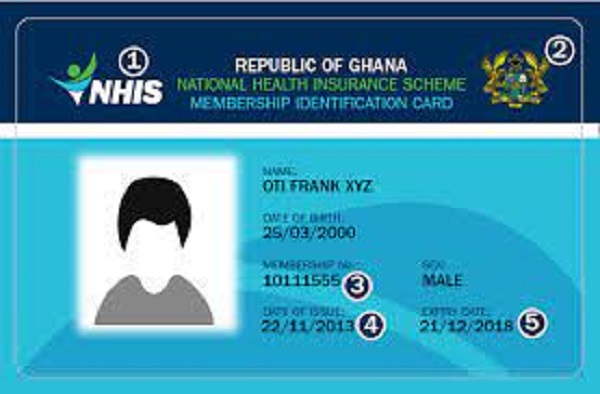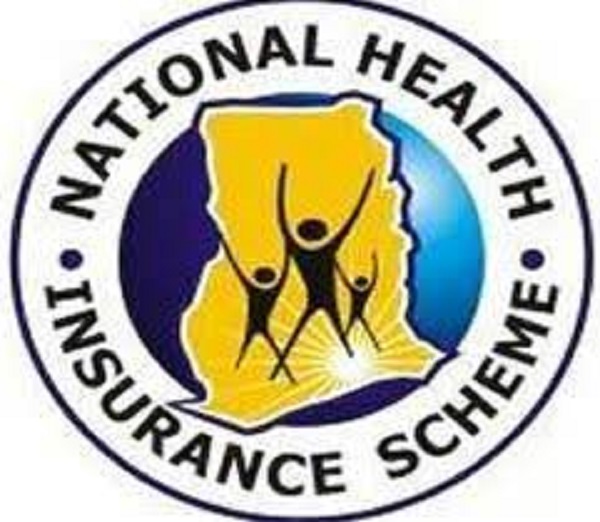
Ghanaian Health Insurance

The central government regularly provides financing to the district mutual health insurance plans in addition to the premiums paid by members. The national health insurance fund is the source of this funding for the central government. Every worker in Ghana contributes 2.5 percent of their social security earnings to this fund, and an additional 2.5 percent of Ghana’s VAT rate is also contributed to the fund.
You must locate the district mutual health insurance plan offices in your local district assembly, register, and complete the enrollment process. Along with providing some basic personal information on a form, you will need to provide at least two passport photos. Forms must also be completed for dependents under the age of 18.
The private commercial health insurance plans run by authorized businesses make up the second type of health insurance. Just like you would with a car, you can just walk into any of these businesses and get insurance for you and your dependents. Commercial health insurance providers must pay a security deposit before they may begin doing business, and they are not eligible for subsidies from the National Health Insurance Fund.
The private mutual health insurance scheme is the third type of health insurance. Any group of people (such as members of a church or social organization) can get together under this and begin contributing to meet their health requirements, offering services that have been approved by the scheme’s governing board. The National Health Insurance Fund does not provide subsidies to private mutual health insurance plans.
advantages of health coverage
You will receive a card upon registration for any of the programs, which you can use to access medical care at any hospital across the nation. Unless you specifically request an additional service, such as a private ward, you are treated and provided with the services you have signed up for at no cost when you visit a health facility using the card.
After receiving your bills, the hospital is paid by your scheme provider (district, private scheme, or mutual system). Additionally, you can use your card to pay for prescription medications at authorized pharmacies or chemical stores without having to pay cash on delivery; the pharmacy will get in touch with your service provider to collect your payment.
other stories
-
Bettors being taken advantage of by Caeser, or a wise and creative tax policy?
-
You believe people in Ghana are easily duped? See Akufo-Addo’s video warning against beating his record.
-
NPP Selects Committees for Parliamentary Vetting
-
Things Never To Say To Someone When Starting A New Relationship
-
I stood up for myself after being bullied by Ghanaians, said Fatana.




